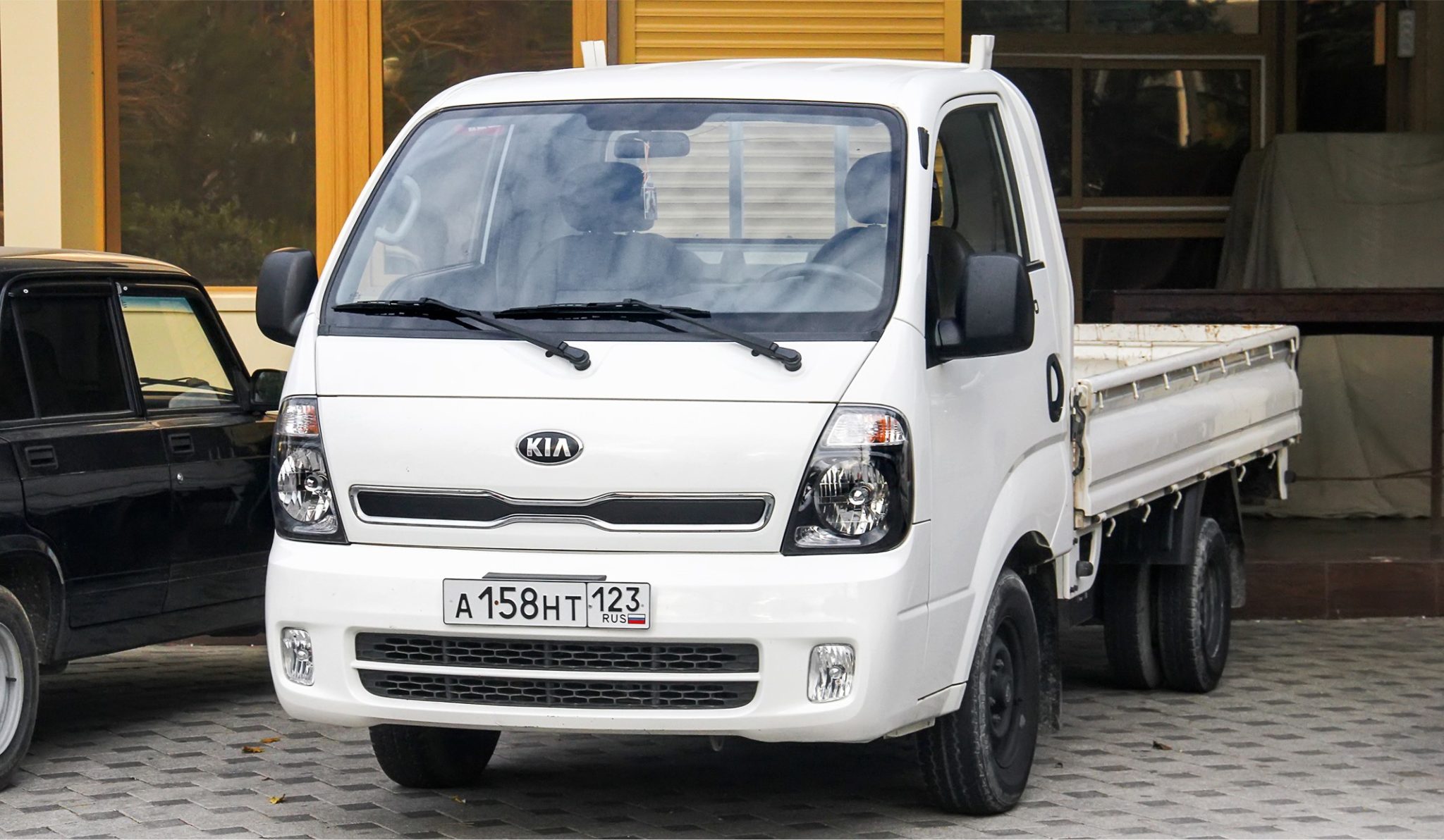TOYOTA

COROLLA CROSS HYDROGEN CONCEPT: the brand's strategy towards carbon neutrality
In a world where customer needs and market environments vary radically, Toyota's strategy towards carbon neutrality is to develop and deliver multiple technologies to support customers in their individual journeys to zero emissions.
This multi-technology strategy - which includes battery electric, fuel cell electric, plug-in hybrid and electric hybrid vehicles - provides the opportunity for Toyota customers in more than 170 countries and regions around the world to reduce environmental footprint today, regardless of the environment they are in and their day-to-day needs.
In addition, Toyota is convinced that it is too early to focus on a single zero-emissions solution, which is why it is developing fuel cell, hydrogen combustion and battery-electric technology at the same time.
Development of hydrogen combustion through motorsport...This year, Toyota participated, through the Rookie Racing team, in all the endurance races of the Japanese Super Taikyu series with a GR Corolla H2 with hydrogen combustion. During this time, Toyota President Akio Toyoda, under his master driver alias 'Morizo', sat behind the wheel at every race to contribute to evaluation and development.
Outside of Japan, in August of this year, a vehicle with a Toyota hydrogen engine circulated for the first time on European public roads, with the test of the GR Yaris H2 in one of the events of the World Rally Championship - World Rally Championship (WRC) - in Ypres (Belgium).
This constancy and intensity of motoring activity helped to accelerate development and technical progress. So, for example, in the course of one season of the Super Taikyu series, Toyota managed to increase the power of hydrogen combustion by 24%, and the torque by 33%, which means a performance equivalent to a conventional gasoline engine.
On the other hand, the autonomy has been increased by around 30% and the refueling time has been reduced from about five minutes to one and a half minutes. In addition to the use of hydrogen, Toyota is working with a variety of collaborators in areas such as the production and transport of green hydrogen, using the demanding environment of motorsports as a test bed, and is weaving a wide network of contacts beyond the confines of the sector to contribute to the achievement of a carbon neutral society.]
Prototype Corolla Cross H2 Concept with hydrogen combustion...This technological progress gave Toyota engineers the confidence to create a prototype road vehicle: the Corolla Cross H2 Concept.
By equipping the GR Corolla's 1.6-litre, 3-cylinder turbocharged engine with high-pressure hydrogen direct injection engine technology, derived from automotive activity, adding the Mirai's hydrogen tank installation knowledge, Toyota was able to develop a hydrogen-powered Corolla Cross H2 prototype that can carry five passengers and their luggage. Real-world evaluations are currently being carried out as digital development continues, and the vehicle will soon begin winter testing in northern Japan.
Among other highlighted aspects, the combustion of hydrogen is characterized by the ability to take advantage of existing internal combustion technologies, the speed of refueling and the clear decrease in the use and need for scarce elements such as lithium and nickel. By adapting current technologies and leveraging existing investments, hydrogen combustion could lead to more affordable, widespread and rapid carbon reduction.
As of today, Toyota is about 40% of the way to marketing products like the Corolla Cross H2 Concept. It is still early to say that the technology will be mature enough to be incorporated into road models, but it already offers a clear opportunity in motorsport.
Autonews




Nenhum comentário:
Postar um comentário